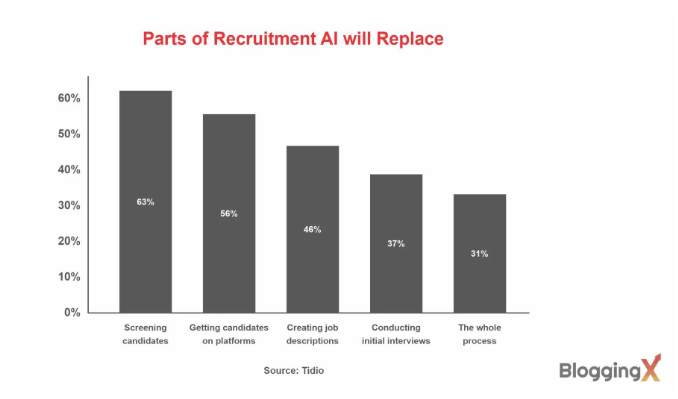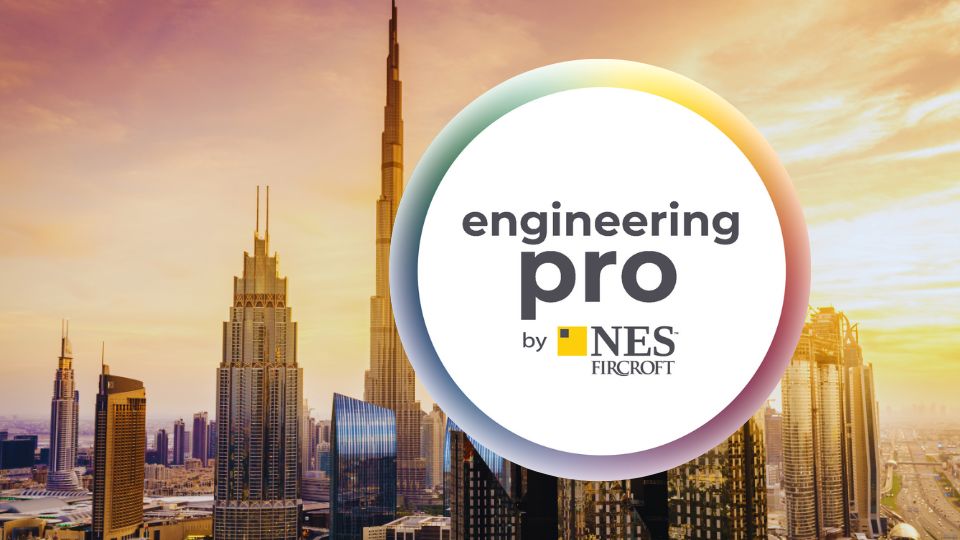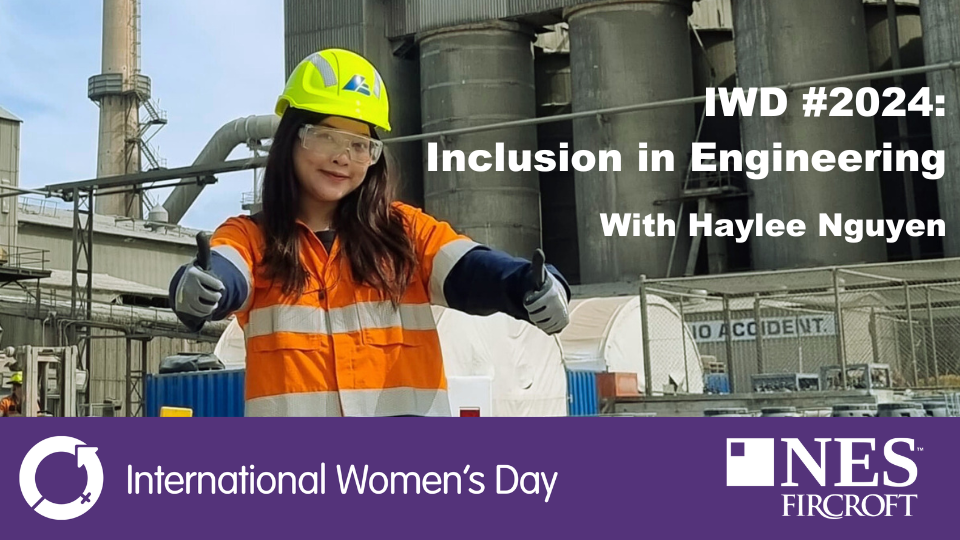
Unveiling the AI Revolution: How Artificial Intelligence is Transforming the Hiring Process
29 Jun, 20239:31Artificial intelligence (AI) has emerged as a game-changer in various industries, and the wo...

Artificial intelligence (AI) has emerged as a game-changer in various industries, and the world of recruitment is no exception. AI is revolutionising the hiring process with its ability to automate tasks, analyse data, and provide valuable insights.
From resume screening to candidate assessment, AI-powered tools streamline recruitment, enhance efficiency, and enable data-driven decision-making. In this blog, we will explore the profound impact of AI in the hiring process, its benefits, and some best practices to ensure a fair and unbiased recruitment process.
The Rise of AI in Recruitment
AI-driven technologies have gained significant traction in the recruitment industry in recent years. According to Predictive Hire, approximately 55% of companies invest in recruitment automation, recognising its potential to improve efficiency and decision-making.
Automated resume screening software, for instance, has become an integral part of many recruiting systems globally. These AI-powered tools can quickly process large volumes of resumes, extract relevant candidate data, and screen applicants based on predetermined criteria.
This process is not new– Applicant Tracking Software (ATS) has been around for a while, checking CVs against applicable key phrases for a role. The advice to candidates has been to ensure CVs are written in a way that caters to specific applications to provide the best chance of securing an interview. This advice is still essential as ATS platforms become more complex, leveraging AI tools or third-party solutions that make decisions for recruiters based on this data.

Source: Akshay Hallur/BloggingX
Enhancing Candidate Experience with AI
A positive candidate experience is crucial in attracting top talent and building a strong employer brand. AI in recruitment can significantly improve the candidate experience by simplifying the application process and expediting response times. With AI-powered tools, candidates can upload their resumes with a single click, eliminating the need for tedious manual data entry. Automating the more admin heavy parts of the recruitment process also enables recruiters to provide timely feedback and faster communication, enhancing the candidate experience. A seamless and efficient hiring process benefits the candidates and reflects positively on the employer.
Time-Saving Benefits of AI in Recruitment
Recruiters are often overwhelmed with tasks, and AI comes to their rescue by automating time-consuming processes. AI-driven recruitment tools like resume parsers enable HR leaders to fill open positions more efficiently. By automatically populating resume data fields, recruiters can save valuable time previously spent manually scanning each candidate's information. This time-saving aspect requires careful setup and configuration to ensure optimal results in the long run.
Speed – AI can process data far more quickly than a human counterpart and even improve the speed of ATS applications, allowing recruiters to rapidly identify suitable candidates rapidly.
Efficiency - AI algorithms can check through CVs according to candidate qualifications, skills and experience, check for relevant keywords, and also check CV data against previous successful hires to determine the best candidates.
Objectivity - AI removes unconscious bias from the recruitment process, evaluating candidates on their skills and experience alone.
Cost-effective – By reducing the time spent checking through CVs, recruiters can instead focus on gathering information, reviewing cover letters and arranging interviews and calls.
Improved candidate experience – Chatbots can answer questions, offer personalised feedback and automatically schedule interviews, streamlining the candidate experience.
Challenges and Considerations when Using AI for Recruitment
There are still drawbacks to using AI algorithms, even as the technology improves and becomes more complex. These considerations are not necessarily limited to recruitment. There are known concerns across the AI industry that developers constantly look to improve upon.
Data-drive Bias – AI tools are only as unbiased as the data they are trained on. If an organisation has had historic biases with their recruitment, which is reflected in data, the algorithm will follow that pattern unless instructed otherwise. For example, if a company has traditionally hired men from a particular area, there's a likelihood an AI system will be biased towards that data in future recruitment.
Lack of human interaction – In a world where data and AI are being used more and more, it is critical for recruiters to maintain and reinforce the human element. AI cannot evaluate soft skills needed for success, including emotional intelligence and interpersonal skills. It is still critical for recruiters to interact directly with candidates to get this information, and it's equally important for candidates to develop a human connection with a potential employer, rather than interacting with AI through their recruitment process.
Technical glitches – AI tools can malfunction, resulting in incorrect assessments or technical errors that can damage the candidate experience. Research suggests that over 75% of candidates are likely to drop out of an overly long or complicated recruitment process. Therefore if they are to be used, AI processes must make the application process as simple and accurate as possible.
Data Privacy – AI tools rely on personal data, which must be handled correctly to adhere to data protection law.
Ethical Concerns – There are still many concerns about the ethical use of AI in making human decisions. Candidates must feel like their application is treated fairly and that there is human accountability in the decisions made by an algorithm. A poor perception of the hiring process could negatively impact a company's recruitment capability in the future.
Best Practices for AI-Driven Recruitment
While AI offers immense potential in the hiring process, it is essential to implement it responsibly and ethically. Here are some best practices to ensure a fair and effective AI-driven recruitment process:
Define Clear Criteria: Clearly outline the criteria and parameters the AI tool should consider when evaluating candidates. This helps align the tool's decision-making process with the organisation's hiring goals.
Regularly Review and Update: Continuously monitor and update the AI tool's algorithms to ensure it remains relevant and aligned with evolving recruitment needs. Regularly evaluate its performance and make necessary adjustments to improve accuracy and effectiveness.
Evaluate for Bias: Regularly assess the AI tool's output to detect and address potential biases. Review the tool's decision-making patterns to ensure it does not discriminate against certain groups or display unfair preferences.
Involve Human Oversight: While AI can streamline hiring, human oversight is crucial in ensuring fairness. Involve human recruiters in the final decision-making process to evaluate candidates holistically and prevent potential biases or errors.
Transparent Communication: Be transparent with candidates about using AI in recruitment. Communicate how AI tools are used, which criteria they consider, and how their data is handled to maintain trust and transparency.
The Future of AI in Recruitment
As AI continues to advance, its role in recruitment will undoubtedly expand. With developments in natural language processing, machine learning, and predictive analytics, AI-powered tools will become even more sophisticated in assessing candidate suitability, identifying potential skills gaps, and predicting future job performance. Integrating AI in recruitment will empower organisations to make data-driven decisions, optimise their hiring strategies, and build stronger teams.
As the recruitment and retention data improves, AI can be trained to make even more informed decisions, focusing on the company's previous success to drive future decisions.
Despite the benefits of incorporating AI into the process, it is essential to recognise that human interaction is still a critical part of recruitment. Candidates will, after all, be working with other people, and their cultural fit and soft skills such as teamwork, critical thinking, interpersonal and communication skills are often more important than qualifications and experience, which can be trained and developed.
AI has brought significant advancements to the hiring process, transforming how recruiters and organisations attract and select candidates. By leveraging AI-powered tools, recruiters can save time, reduce bias, enhance the candidate experience, and make more informed hiring decisions. However, it is crucial to implement AI responsibly and ensure that it aligns with ethical standards and fairness. With the right approach, AI-driven recruitment can revolutionise talent acquisition and shape the future of work.
NES Fircroft has extensive energy industry experience spanning over 50 years. During that time, we've supported thousands of innovative and cutting-edge projects as they powered the progression of the energy industry.
We understand that the industry is evolving, and the new generation of engineers needs to be mobile, innovative, and technology-focused and work across an organisation to ensure that knowledge is shared and a competitive advantage is gained.
Today's energy landscape is decarbonising, with once-deemed "futuristic solutions" now becoming mainstream use. We will support your business through this energy transition.
If you want an opportunity within Alternative Energy, check out our latest opportunities.
Need any help with your next Alternative Energy project? Please find out how we can help you and get in touch.










